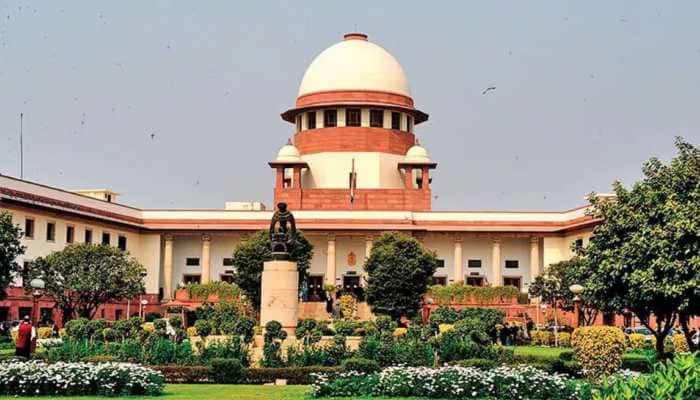Centre Defends Waqf Amendment Act 2025 in Supreme Court, Says Law is Constitutional and Protects Religious Rights
In a significant development, the central government has submitted a comprehensive 1,332-page preliminary affidavit to the Supreme Court, firmly asserting that the Waqf (Amendment) Act, 2025, is a lawful and constitutionally valid piece of legislation. Filed by Shersha C Shaik Mohiddin, Joint Secretary in the Ministry of Minority Affairs, the affidavit seeks the outright dismissal of petitions challenging the constitutional validity of the Act. The government has made it clear that the Waqf Act, 2025, represents a valid and legitimate exercise of the legislative powers vested in the Parliament of India, and that any claim to the contrary is based on a false premise.
The affidavit sheds light on the historical and legal context of waqf properties in India, stating that a total of 18,29,163.896 acres of waqf land has been created in India across various eras—including pre-Mughal, pre-independence, and post-independence periods. This comprehensive coverage underscores the deep-rooted and longstanding nature of waqf institutions in Indian society.
Rebutting the petitions, the Centre emphasized the well-established legal doctrine that presumes the constitutionality of laws enacted by Parliament. It argued that it is a “settled position in law” that constitutional courts typically do not issue stays on statutory provisions—either directly or indirectly—before arriving at a final verdict. According to the affidavit, issuing a blanket or even a partial stay without understanding the broader implications could result in unintended consequences, including adverse effects on the very community that the law is designed to serve.
The central government also clarified that the amendments introduced by the Waqf (Amendment) Act, 2025, do not violate fundamental rights to religious freedom. It stated that the law is not only constitutionally sound but also consistent with long-standing legal practices. For instance, it emphasized that for more than a century, waqf by user has only been acknowledged following proper registration procedures, not merely through oral claims. Therefore, the recent amendments aim to uphold and reinforce these existing standards.
Another important aspect addressed in the affidavit is the structure of the Waqf Council and Auqaf Boards. The Centre highlighted its commitment to inclusivity by stating that these bodies would allow for the inclusion of up to two non-Muslim members out of a total of 22 members, thereby promoting a more representative governance model. Additionally, the affidavit mentioned the government’s intent to rectify revenue records in instances where government land has been erroneously designated as waqf property, a move aimed at improving transparency and accuracy in land records.
Furthermore, in a notable assurance given to the Supreme Court on April 17, the Centre stated that it would refrain from denotifying any waqf properties, including those under the category of “waqf by user,” until May 5. It also committed not to make any appointments to the Central Waqf Council and other Auqaf Boards during this period.
The affidavit presents a strong defense of the Waqf (Amendment) Act, 2025, portraying it as a measure rooted in legality, constitutionalism, and administrative necessity. It directly challenges the narrative that the amendments infringe on religious freedoms and instead underscores their alignment with historical precedent and modern governance needs.
For video news on this story and more detailed visual coverage, visit our YouTube channel THE OLIGO.

